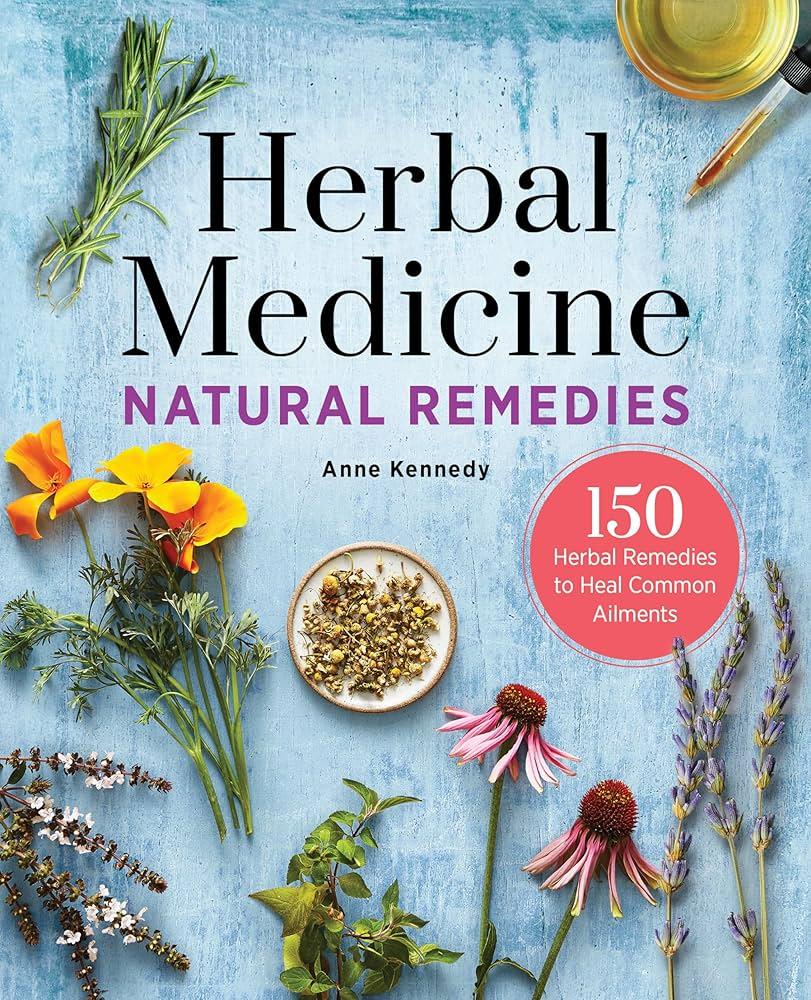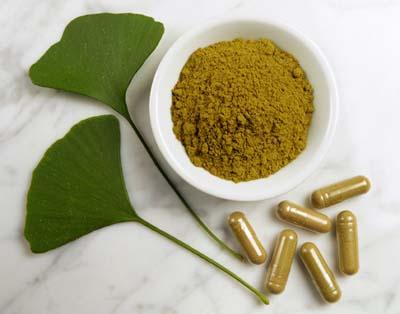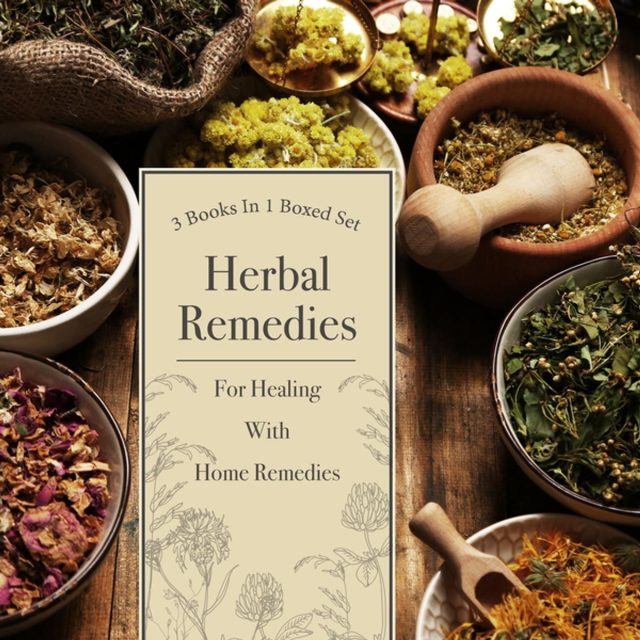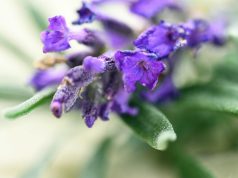Sore throats can be an uncomfortable and often painful experience, disrupting our ability to speak, eat, or even swallow. Whether caused by a common cold, allergies, or environmental irritants, the discomfort can make even the simplest tasks feel burdensome. While over-the-counter medications offer relief, many people are turning to herbal remedies as a natural alternative to soothe their symptoms. This guide is designed to empathetically walk you through the gentle art of using herbal remedies to ease sore throat discomfort. By understanding and utilizing the healing properties of nature’s own pharmacy, you can find relief while nurturing your body in a holistic way. Join us as we explore these time-tested, plant-based solutions that aim to bring comfort and healing to your sore throat, all while respecting your body’s innate ability to heal itself.
Understanding the Causes and Symptoms of a Sore Throat
Experiencing a sore throat can be both uncomfortable and concerning, but understanding its root causes and symptoms is the first step toward finding relief. A sore throat can be triggered by various factors, including viral infections such as the common cold or flu, bacterial infections like streptococcus, allergies, and environmental irritants such as smoke or dry air. It’s crucial to identify these triggers to choose the most effective treatment.
Recognizing the symptoms can help you determine whether your sore throat is a minor irritation or something more serious. Common symptoms include:
- Scratchy sensation: An irritating tickle that makes you want to cough.
- Pain: Especially when swallowing or speaking.
- Swollen glands: Tenderness in the neck area.
- Hoarseness: Changes in your voice.
| Cause | Symptom |
|---|---|
| Viral Infection | Scratchy Throat, Cough |
| Bacterial Infection | Severe Pain, Fever |
| Allergy | Itchiness, Post-nasal Drip |
| Environmental Irritant | Dryness, Persistent Cough |

Exploring Common Herbal Remedies and Their Benefits
When a scratchy throat makes its unwelcome appearance, turning to nature’s pantry can offer soothing relief. Several herbal remedies have been traditionally used to ease the discomfort of a sore throat, and understanding their benefits can help you find the best fit for your needs.
- Licorice Root: Known for its sweet flavor and anti-inflammatory properties, licorice root can be brewed into a tea to help reduce throat irritation.
- Marshmallow Root: This herb is rich in mucilage, a gel-like substance that coats and soothes the throat. A simple infusion can provide quick relief.
- Slippery Elm: Similar to marshmallow root, slippery elm contains mucilage that forms a slick gel when mixed with water, helping to calm inflammation.
| Herb | Preparation | Benefits |
|---|---|---|
| Licorice Root | Tea | Anti-inflammatory, soothing |
| Marshmallow Root | Infusion | Coats and soothes throat |
| Slippery Elm | Gel | Reduces inflammation |
To prepare these remedies, simply steep the dried herbs in hot water for about 10-15 minutes, strain, and sip slowly. The warmth of the liquid, combined with the herbal properties, can provide immediate comfort. Remember, while these remedies are generally safe, it’s always wise to consult with a healthcare provider, especially if you have underlying health conditions or are pregnant.

Preparing Herbal Teas and Tinctures for Soothing Relief
When you’re battling a sore throat, herbal teas and tinctures can be a gentle yet effective remedy. These natural solutions not only soothe the throat but also provide a moment of calm amidst discomfort. Here’s how you can craft your own herbal blends at home.
Herbal Teas
- Chamomile Tea: Known for its anti-inflammatory properties, chamomile can help reduce swelling and redness in the throat.
- Licorice Root Tea: With natural sweetness, it acts as a demulcent, forming a protective film over mucous membranes.
- Marshmallow Root Tea: Rich in mucilage, it provides a soothing coating to ease irritation.
To prepare, steep 1-2 teaspoons of dried herbs in boiling water for about 10 minutes. Strain and enjoy with a touch of honey for added relief.
Tinctures
For a more potent approach, tinctures can deliver concentrated herbal benefits. Use a dropper to add a few drops of tincture into a glass of water or tea.
| Herb | Benefit |
|---|---|
| Echinacea | Boosts immune response |
| Ginger | Reduces inflammation |
| Slippery Elm | Soothes mucous membranes |
Choose herbs that align with your specific needs and always ensure you’re using tinctures from reputable sources.

Tips for Safe and Effective Use of Herbal Treatments
Harnessing the power of herbs can offer soothing relief for a sore throat, but it’s crucial to use these remedies safely and effectively. Here are some key tips to ensure your herbal treatments are both beneficial and safe:
- Know Your Herbs: Each herb has unique properties and potential side effects. For instance, slippery elm is known for its soothing mucilage, while licorice root can elevate blood pressure if consumed in large quantities.
- Consult a Professional: Always check with a healthcare provider or a qualified herbalist, especially if you are pregnant, nursing, or on medication. They can guide you on the right dosage and potential interactions.
- Quality Matters: Choose high-quality, organic herbs from reputable sources to ensure purity and potency. This reduces the risk of contamination and ensures you get the maximum benefit.
When preparing herbal remedies, it’s vital to adhere to recommended dosages and preparation methods. Below is a simple table illustrating common herbs used for sore throat relief and their typical preparation methods:
| Herb | Preparation |
|---|---|
| Slippery Elm | Make a tea by steeping 1 tsp of powdered bark in hot water for 10 minutes. |
| Licorice Root | Simmer 1-2 tsp of dried root in water for 15 minutes to create a decoction. |
| Marshmallow Root | Infuse 1 tbsp of dried root in cold water overnight, then strain. |
By following these tips, you can safely incorporate herbal treatments into your sore throat care routine, enjoying their natural healing properties while minimizing risks.








































